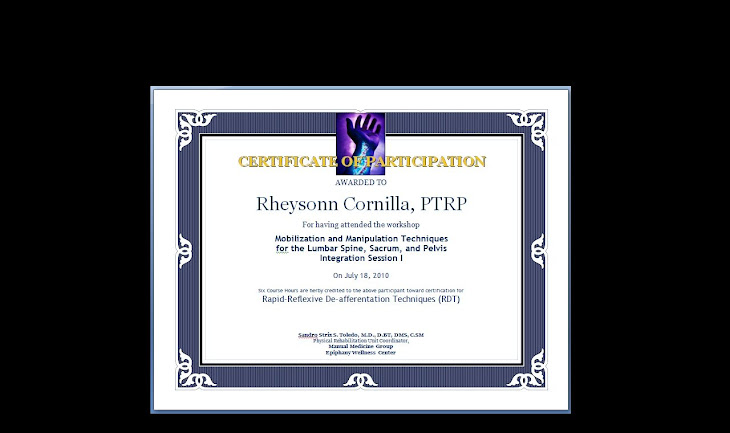Occam’s razor (sometimes spelled Ockham’s razor) is a principle attributed to the 14th-century English logician and Francisan friar William of Ockham.
The principle states that the explanation of any phenomenon should make as few assumptions as possible, eliminating those that make no difference in the observable predictions of the explanatory hypothesis or theory. The principle is often expressed in Latin as the lex parsimoniae (”law of parsimony” or “law of succinctness”): ”entia non sunt multiplicanda praeter necessitatem”, roughly translated as “entities must not be multiplied beyond necessity”. (Source: Wiki)
Translation: the simplest answer very often tends to be the correct one.
Proof in practice is a very powerful motivator for using Manual Medicine methods.
When something new you've learned persistenly works better than anything you've ever used before, that's it -- you're hooked on learning more, on doing more. So it is that Occam's Razor slips in re RDTs and the new Evidence-based Manual Medicine Methods: If they work unbelievably well, why not use them? And yes, why not learn even more?
Wednesday, September 17, 2008
Subscribe to:
Post Comments (Atom)














No comments:
Post a Comment